The Rise of Extremism in South Asia: A Path to Resistance
Category :
Islam
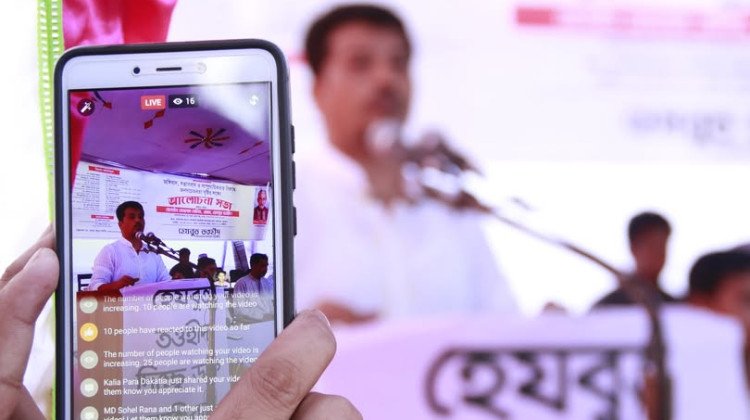
Author ::
Salzar Rahman Sabu
Jan 27, 2026
visibility
595 Read
Dark clouds of conflict are looming over South Asia, particularly across Bangladesh, India, and Pakistan, where complex crises have entangled Muslim communities. The current trajectory suggests South Asia may become the next battleground for global and regional powers—just like the Middle East—fuelled by religious extremism and communal hatred.
Religious Extremism and Government Policy in Bangladesh
In Bangladesh, Prime Minister Sheikh Hasina’s strategy of suppressing extremist groups through force alone was a critical mistake. Extremism stems from misguided religious ideology, and when met solely with force, it often reinforces the believers’ zeal.
Instead of countering radicalism ideologically and presenting the correct understanding of jihad, the government followed Western methods of crackdown, arrests, and executions without addressing the root causes.
This failure to build a counter-narrative allowed radical groups to re-emerge stronger in the current political vacuum, turning Bangladesh into a safe haven for extremism.
Social Intolerance and Violence
Religious and social intolerance in Bangladesh has reached alarming levels, with mob violence, attacks on women and minorities, and destruction of cultural events becoming common.
The rise of vigilante groups under names like "Tawhidi Janata" or "Student Movement" has led to violence across the country, including vandalism of shrines, attacks at book fairs, and assaults on cultural programs. These incidents have created a toxic atmosphere of hatred, inching Bangladesh closer to civil conflict.
Islamophobia in India and Regional Tensions
Meanwhile, Islamophobia in India is intensifying under the BJP-led government. Discriminatory laws like the Citizenship Amendment Act (CAA) and the controversial Waqf Amendment are pushing Muslims toward statelessness and stripping them of rights.
Violence against Muslims, suppression of religious freedom, and media-driven propaganda targeting Bangladesh have worsened the situation.
A recent terror attack in Kashmir killed 24 Hindus, 1 Christian, and 1 Nepali tourist. In response, India revoked Pakistani visas, demolished suspected militants’ homes, and intensified military presence—leading to escalating tensions that could spill into full-blown war.
Anti-India Sentiment in Bangladesh and Political Polarization
Anti-India sentiment in Bangladesh has surged, especially as former PM Sheikh Hasina remains in India as a "guest." Radical groups have used this to promote narratives like “Ghazwa-e-Hind,” framing India as a Hindu-majority oppressor. The arrest of ISKCON leader Chinmoy Krishna Das sparked further unrest in Chattogram, escalating communal and political tensions.
International Concerns and Proxy Conflicts
Global concern is rising over the spread of Islamic extremism in Bangladesh. U.S. intelligence and international media have raised alarms, with some even labeling Bangladesh as the “next Afghanistan.”
Economic pressure from the U.S., including increased tariffs, has also contributed to instability. Meanwhile, Myanmar has expressed concern over Bangladesh’s alleged links with the Arakan Army. A humanitarian corridor through Bangladesh was approved under UN pressure, but analysts fear this might drag the country into a proxy war between global powers.
Rohingya Camps and Militant Activity
Rohingya refugee camps are reportedly sheltering militant groups like ARSA and Al-Yaqin, which are organizing in support of the Arakan Army. Armed and financed through drug and gold smuggling, these groups pose security threats.
Media reports indicate growing influence of extremist ideologies in the camps, supported by sympathizers from countries like Pakistan and Indonesia.
Historical and Geopolitical Context
South Asia is now being shaped into a battleground involving Bangladesh, India, Pakistan, and Myanmar, with Islamic extremism and communalism being used as political tools. Extremist groups originally gained prominence during the Soviet-Afghan war (1979), giving rise to groups like the Taliban and Al-Qaeda.
The U.S. responded post-9/11 with military action, followed by wars in Iraq and Syria—wars fueled by foreign interventions, leading to millions of deaths and destroyed nations. In each case, extremist groups were initially supported and later targeted by Western powers for geopolitical and economic gains.
Gaza Crisis and Western Hypocrisy
Currently, Gaza is being devastated, with thousands of women and children killed, while the Western world watches silently, often blaming Islamic militant groups.
In truth, Western powers have historically funded or manipulated extremist groups for their own strategic purposes, only to later wage “wars on terror” for political and economic leverage, especially arms trade. Now, similar geopolitical strategies are being employed in South Asia to counter China and Russia’s influence, putting regional stability at grave risk.
Call for National Unity in Bangladesh
If the 170 million people of Bangladesh remain passive, foreign powers may turn the country into another war zone. To prevent this, the nation must urgently raise ideological awareness, resist the misuse of religion for extremism, and expose distorted interpretations of concepts like jihad and “Ghazwa-e-Hind.”
A unified resistance rooted in correct Islamic principles is essential. The people must rise above party, sect, and school of thought to unite under the sovereignty of one Creator. Only a principled national unity under one honest leader can protect Bangladesh from becoming the next Iraq, Syria, or Afghanistan.
Images Related to this Post
Tags:
- SouthAsia
- extremism
- Bangladesh
- India
- Pakistan
- Myanmar
- jihad
- Islamophobia
- radicalism
- resistance
- conflict
- war
- terrorism
- proxywar
- BJP
- Hasina
- Ghazwa
- Kashmir
- Rohingya
- ARSA
- militancy
- ideology
- unity
- awareness
- injustice
- arms
- geopolitics
- Zionism
- Gaza
- hypocrisy
- Taliban
- AlQaeda
- Afghanistan
- Syria
- Iraq
- America
- China
- Russia
- media
- violence
- oppression
- nationalism
- Muslim
- Islam
- justice
- youth
- leadership
- sovereignty
Related Post
Search
Popular Post
Recent Post
Tags
Hezbut_Tawheed
Imam Hossain Mohammad Salim
Bangladesh Violence
Religious Extremism
Mob Attacks
Human Rights Violations
Minority Persecution
Rangpur Attacks
Jamaat-E-Islami
Hefazat-E-Islam
Tawheed
Muslim Ummah
Islamic Unity
Shirk
Kufr
Islamic Revival
Kalima-E-Tawheed
Obedience To Allah
Deen-Ul-Haq
Hizb-Ut-Tawheed
Ram Temple
Third Temple
Ayodhya
Jerusalem
Religious Politics
Babri Masjid
Al-Aqsa
Zionism
Hindutva
Netanyahu
Religious Hate
Muslim Unity
Noakhali Conference
Imam Salim
Islamic Movement
Shahidi Jame Mosque
Ht Members Conference
Bangladesh Religious Persecution
Islamic Reform Movement
Extremist Violence
Human Rights Bangladesh
Sonaimuri Noakhali Attack
Political Extremism Bangladesh
Faith-Based Violence
Eid Al‑Fitr
Zakat Al‑Fitr
Ramadan Charity
Islamic Social Justice
Community Harmony
Bangladesh Poverty
Islamic Economy
Sadaqah
Fitrana
Eid Unity
Arab History
Islamic Governance
Caliph Umar
Social Transformation
Women’s Rights In Islam
Justice In Islam
Political Systems
Islam Vs Democracy
Islam And Knowledge
Islamic System
Prophet Muhammad
Farewell Sermon
Hajj
Global Peace
Human Rights In Islam
Dhul-Hijjah
Arafat Sermon
Islam Vs Un Charter
Unemployment In Bangladesh
Education System Failure
Educated Unemployment
Jobless Graduates
British Education Legacy
Youth Crisis
Hezbut Tawheed Views
Bids Report
Ssc To Masters Job Race
Middle Class Dilemma
Kerani Mentality
Excessiveness In Religion
Religious Distortion
Overinterpretation Of Islam
Misguided Enthusiasm
Warnings Of The Prophet
True Islam
Spiritual Clarity
Abandoning The Mission
Chormonai Pir
Desherpotro
Islamic Reform
Persecution In Bangladesh
Religious Violence
Jamaat-E-Islami Attacks
Islamic Truth Movement
Women And Knowledge
Islamic Feminism
Gender Roles
Social Awareness
Muslim Women
Female Empowerment
Islamic History
Qur’anic Guidelines
Obeying Allah’s Commands
Islam And Suffering
Workers' Rights In Islam
Labor Justice
May Day Islam
Islamic Society Model
Chashirhat Development
Imam Hossain Mohammad Selim
Islamic Brotherhood
Fair Wages
Islamic Military Strategy
Tawheed-Based State
National Security
Qur’anic Warfare
Mujahideen
Peacekeeping
Modern Islamic Army
Military Training
Ummah Defense
Sharia Governance
Southasia
Extremism
Bangladesh
India
Pakistan
Myanmar
Jihad
Islamophobia
Radicalism
Resistance
Conflict
War
Terrorism
Proxywar
Bjp
Hasina
Ghazwa
Kashmir
Rohingya
Arsa
Militancy
Ideology
Unity
Awareness
Injustice
Arms
Geopolitics
Gaza
Hypocrisy
Taliban
Alqaeda
Afghanistan
Syria
Iraq
America
China
Russia
Media
Violence
Oppression
Nationalism
Muslim
Islam
Justice
Youth
Leadership
Sovereignty
Hezbuttawheed
Mosque
Governance
Society
Administration
Education
Military
Economy
Women
Culture
Law
Quran
Hadith
Prayer
Madinah
Baytalmal
Amir
Discipline
Khutba
Transparency
Spirituality
Training
Morality
Ummah
Prophet
Sharia
Community
Peace
Development
Security
National
Khutbah
Sabr
Zakat
Sufism
Equality
Mosquesystem
Participation
Aqiqah
Accountability
Tradition
Modernity
Ummati Muhammad
Unity In Islam
Sunnah
Islamic Teachings
Muslim World
Deen Of Islam
Security Crisis
National Unity
Political Unrest
Military Vulnerabilities
Strength
Solidarity
Disunity
Muslim Nations
Women's Rights
Rufaidah Panni
Eid Congregation
Islamic Women Empowerment
Social Justice
Equality In Islam
Momen
Kafir
Mushrik
Allah's Laws
Faith In Islam
Belief In Allah
True Believers
Kalimah
Shariah
Justice And Peace
Political Parties
Multiparty Democracy
Political Factionalism
Islamic Political System
Democracy Vs Islam
Secularism
Political Ideologies
Islamic Law
Political Vision
Governance Without Parties
Political Stability
Islamic State
Shura System
Islamic Perspective
Women’s Reform Commission
Family Law
Inheritance Law
Labor Recognition
Shariah Law
Gender Equality
Religious Opposition
Feminist Movement
Human Rights
Political Debat
Arab Society
Islamic Economic Justice
Military Transformation
Education In Islam
Judicial Independence
Accountability In Islam
Islam And Democracy
Societal Transformation
Governance Systems
Surah Yaseen
Islamic Guidance
Religious Work
Misguidance
Imam Role
Religious Commercialization
Truth And Falsehood
Religion And Society
Quranic Teachings
Ethical Leadership
Spiritual Struggle
Religious Scholars
Religious Corruption
Quranic Verses
Islamic Scholars
Prophet Muhammad (S.a.w)
Military Nation Of Islam
Sahabah
Lost Legacy
Ummah Of Muhammad
Jehad
Qetal
Islam And Violence
Islamic Leadership
State Vs Individual Struggle
Allah's Help
Islamic Reflection
Divine Support
Muslim World Crisis
Quran Teachings
Islamic Awakening
Qurbani
Bangladesh Politics
Eid Ul Adha
Islamic Sacrifice
Bangladesh Crisis
Global Conspiracy
Sacrifice
Labour Rights
Employment Crisis
Bangladesh Economy
Wage Gap
Inflation
Unemployment
Education Reform
Job Creation
Income Inequality
Post-Pandemic Economy
Eid-Ul-Azha 2025
Bangladesh Eid Congregation
Eid Prayer 2025
Women's Participation
Peace & Justice
Bangladesh Religious Events
Eid-Ul-Azha Message
Khilafah
Global Oppression
Islamic Festivals
Quranic Guidance
Spiritual Sacrifice
Ibrahim's Sacrifice
Eid Mubarak
Peace Through Tawheed
Women's Reform Debate
Bangladesh Women's Rights
Hezbut Tawheed Position
Islamic View On Women's Rights
Legal Reforms Bangladesh
Family Law Reform
Inheritance Rights
Sharia Law Bangladesh
Women's Equality
Western Influence
Religious Groups Debate
Gender Equality Islam
Islamic Social Solutions
Women's Dignity In Islam
Islamic Solutions
Beyond Politics
Labor Rights
Class Struggle
Economic Solutions
May Day Analysis
Economic Justice
Divine Accountability
Global Economic Crisis
Capitalism Vs Islam
Socialism Vs Islam
Savar Attack
Ishwardi Attack
Religious Fanaticism
Political Manipulation
Islamic Extremism
Government Response
Democratic Threats
Islamic Teachings Misuse
Radical Ideology
Communal Conflict
Radical Groups In Bangladesh
Terrorism In Bangladesh
Islamic Rights
Mosque Access
Eid Prayer
Muslim Women Empowerment
Prophet Muhammad Teachings
Women In Mosques
Women Rights In Islam
Gender Equality In Islam
Masjid An-Nabawi
Women's Role In Islam
Misconceptions About Women
Women Participation In Mosque
Eid Khutbah 2025
Islamic Sermon
Hossain Mohammad Selim
Bangladesh Eid
Qurbani Meaning
Women In Islam
Rufaydah Panni
Islamic Congregation
Female Participation In Eid
Chashirhat Eid
Palestine Solidarity
Eid Prayer Bangladesh
Women In Eid
Kushtia Rally
Gaza Crisis
Muslim Persecution
Bangladesh News
Peace Movement
Humanity
Divine Law
Social Reform
Religious Harmony
Truth
Call To Action
Palestine
Dajjal
Islamic Struggle
Mohammad Bayazid Khan Panni
Genocide
Oic
Protest
National Press Club
Rangpur Attack
Religious Reform
Karwan Bazar Protest
Terrorist Attack
Law And Order Failure
Emamht
Ht_In_Brief
Pabnaattack
Justiceforvictims
Humanchain
Politicalviolence
Legalreform
Endimpunity
Bangladeshjustice
Hezbuttawheedleaders
Demandjustice
Pabnapressconference
Policeinaction
Proposedgovernancesystem
Islamicstatesystem
Allahslaw
Economicreform
Educationreform
Capitalismcritique
Dhakaevent
Purposeofcreation
Humancreation
Khalifah
Allahsplan
Divineguidance
Adamsstory
Islamicteachings
Peaceandjustice
Sovereigntyofallah
Lailahaillallah
Islamiccreed
Aqidah
Islamicfaith
Iman
Deen
Peaceinislam
Purposeofislam
Beliefsystem
Faithandworship
Why
Escalate
Mohammad Bayazeed Khan Panni
Hossain Mohammad Salim
Religious
Extremist
Interfaith
Situation
Ultimatum
Threats
Extremist Attack
Attack
Movement
Barakat Hossain Osama
United Kingdom
Conservative Party
Donald Trump
Secular Leadership
Fanatical Populace
Fanatical
Populace
Religion
Extensive Damage
Catastrophic Flooding
High School
Urgent Help Needed
Devastated
Allah
Modus Operandi
Messenger
Believer
Messenger Of Allah
People
Human
Jame Mosque
A Cornerstone
Cornerstone
A Just Society
The Establishment
Establishment
History
Messenger Muhammad
Simple And Straightforward
Who Made
The Simple
Complex
Way Of Life
Jannah
Way To Jannah
Civilization
Religious Figures
Survive
Politics
Worship
Establish
Goals And Objectives
System Of Life
Money
Tolerance
Madness
Mo'men
Today’s
Educated
Needs
Corruption
British
Government
Democracy
Communism
Socialism
Political
Secular Education
Responsible
The Reign
Hindu
Terrifying
Slavery
Jewish Conspiracy
The Protocols Of The Elders Of Zion
Politician
Give And Take
Education System
European
Population
Mentality
Slave
Preface
Children
The Quran
The Miracle
Creator
The Creator
Creation Of Man
The Creation Of Man
Premise
First Words
Aqida
The Programme
The Messenger
Mankind
Actual
Concept Of Islam
Crossroads
Mojeza
The Call
Panni
The Author
Qur'an
Process
The Process
A Person
Tabook
The Special Three
Special
The Tabook
The Ahzab
Ahzab
Khandak
The Uhud
Uhud
The Badr
Badr
Ebadat
Ma'bud
Vicegerent
Worshipper
Aqaed
The Reasons
Reasons
Reason
Adam
Eblis
Khalifa
Angels
Adam And Eve
Adam And Hawa

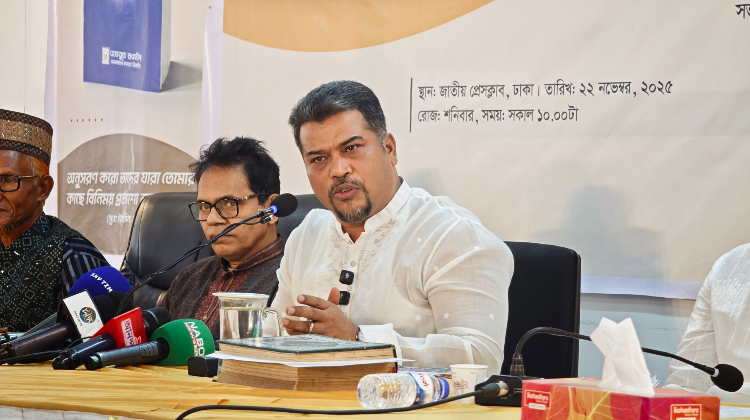
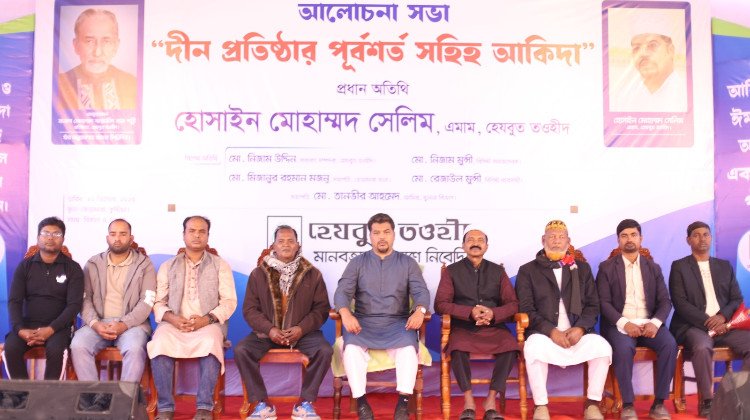
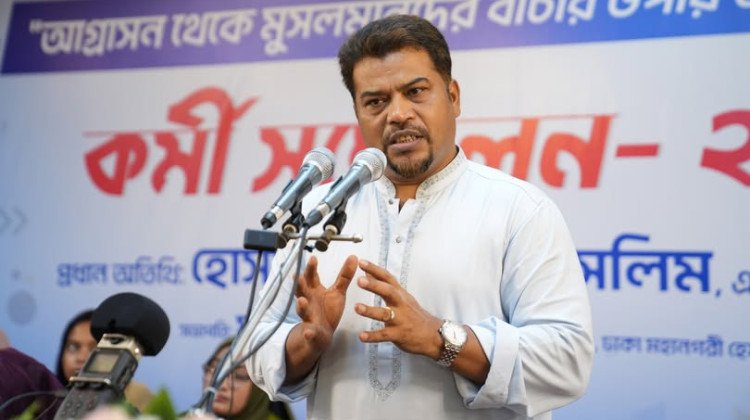
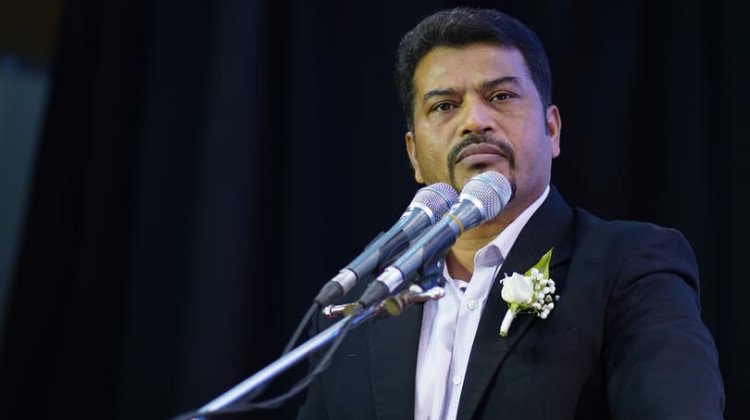
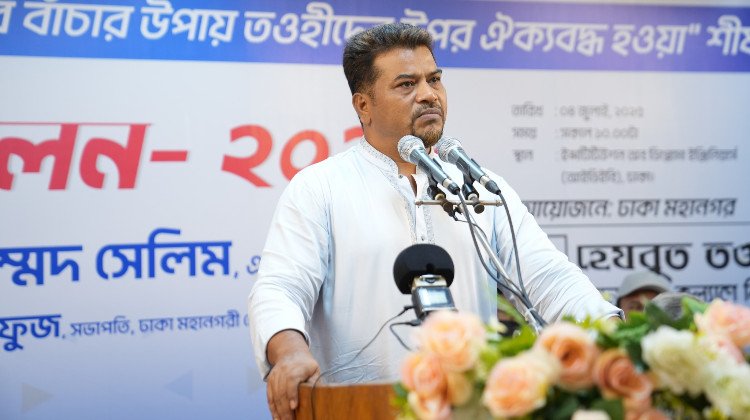

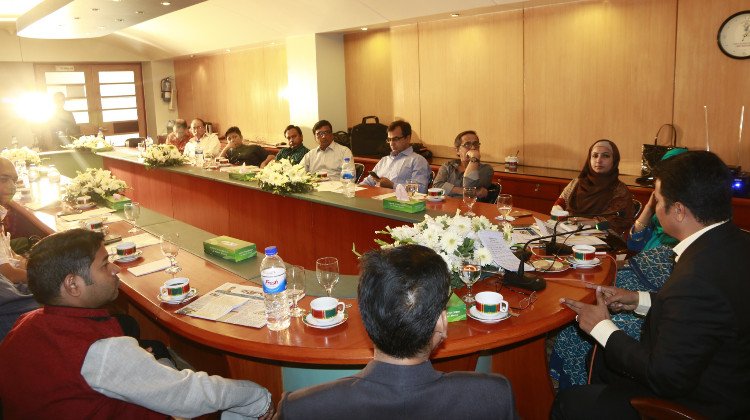
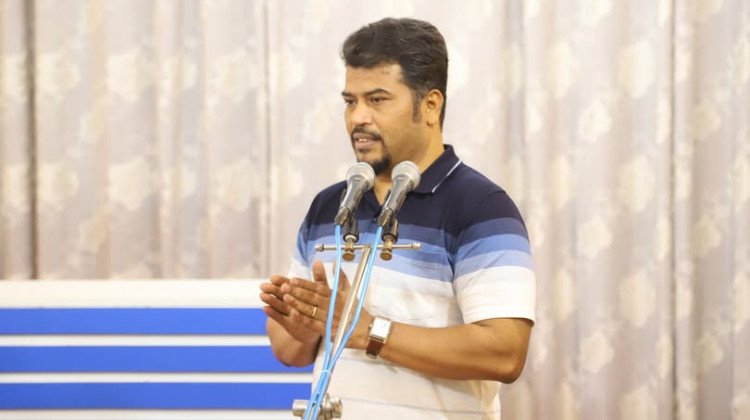
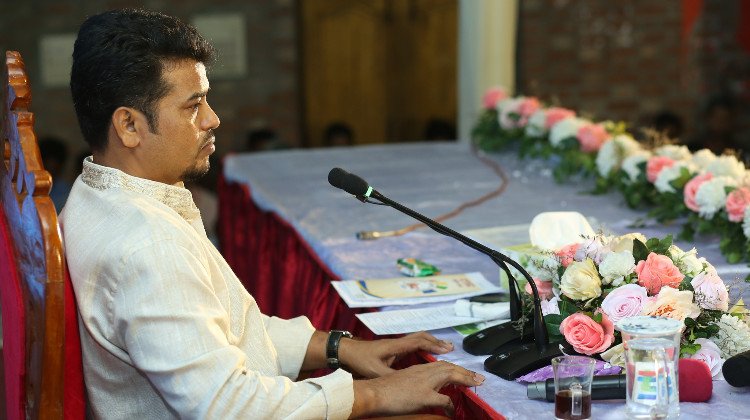
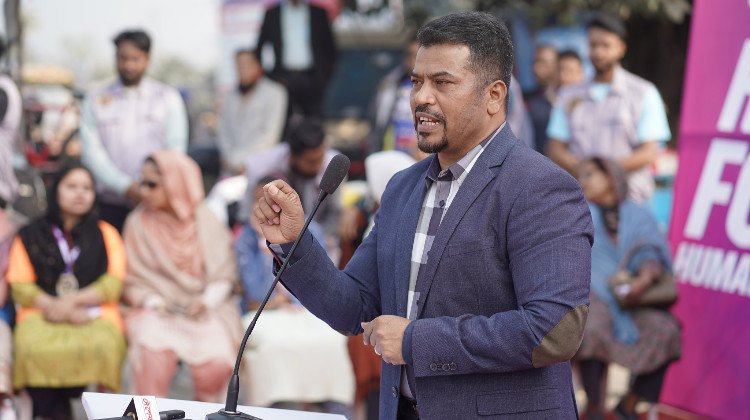






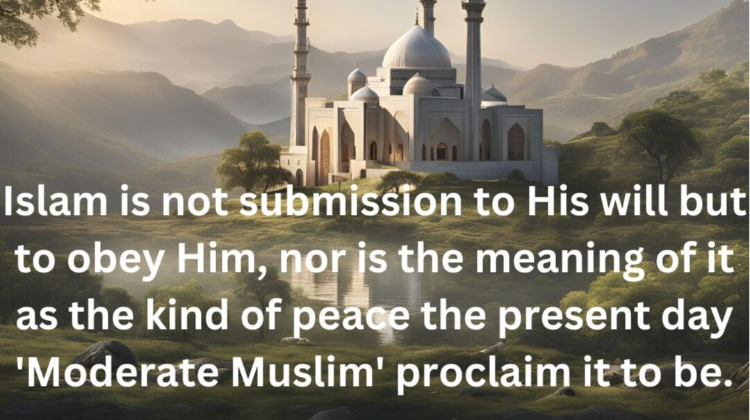

Leave a Comment